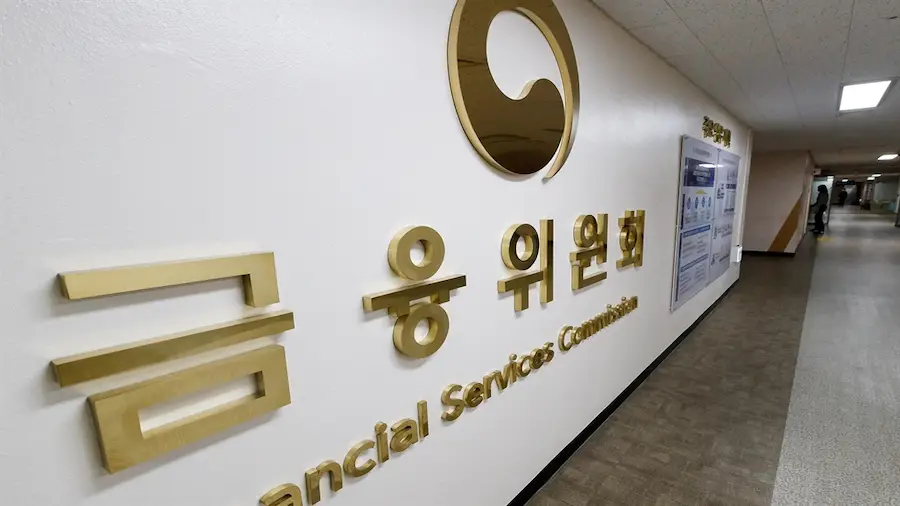In the view of former Central Bank director Tony Volpon, the collapse of Americanas could have a much more widespread effect on the economy than initially imagined, including the risk of pushing the country, already in deceleration, into a recession.
This, according to him, would be reason enough for the Central Bank to advance the interest rate reduction agenda, and may even make cuts in the Selic rate in its next meetings.
“The Americanas event seems to me, today, not to be just something delimited to a company, Americanas, or to a sector, retail, or to a sector of the financial market, private credit”, he told the CNN .
“Due to the ramifications and effects it had, I think it became a systemic macroeconomic factor”, he adds.
Volpon was BC’s Director of International Affairs and Corporate Risk Management between 2015 and 2016, during Dilma Rousseff’s government.
He compares the “shock” of Americanas with others that served as a trigger for major recessions, as is the case with the Lehman Brothers bank failure in 2008 and the Nasdaq meltdown on the eve of the internet bubble bursting in 2000.
“The Americanas can be exactly this type of event, the turning point that can worsen an economy that has already been slowing down, contaminate other sectors and lead to a recessive process”, he said.
He claims that, despite the criticisms made by President Luiz Inácio Lula da Silva, the Central Bank was right to keep interest rates high until now, in view of the persistence of inflation and the distance it is still from the target that must be met by the BC – even though Volpon is one of several economists who have already relativized the possibility of increasing the current targets.
The Central Bank’s position today is quite restrictive, with good reason, and, in a normal scenario, if you asked me if it has to cut interest rates already in the next meetings, I would say no. But we have a new fact on the scene.
Tony Volpon, former director of the Central Bank
systemic credit crisis
Americanas filed for bankruptcy in January, a few days after announcing the discovery of a series of accounting errors that had been on its balance sheets for years.
The result was a debt calculated, afterwards, at R$ 43 billion, the fourth largest ever taken to judicial recovery in the country and which left around 8 thousand creditors without knowing when they would receive their payments – in particular some of the main banks in the country, owners of the largest slice of the billionaire debt now under renegotiation.
According to Volpon, who has more than three decades of experience in the financial market inside and outside Brazil, there are signs that the Americanas default may have harmed on a large scale not only the capital market, with greater reluctance on the part of investors to contribute money in companies, as well as the credit market as a whole, with banks more resistant to making new loans.
“From what I’ve been talking to people in the sector, banks seem to be having a very big restriction on granting new credits, mainly to companies, but this ends up affecting everything”, he says.
Giant banks damming up funding in a generalized way would work as a kind of additional vector on the credit market, in addition to an already quite restrictive Selic rate. With this, they would potentiate the effects of high interest rates on the cooling of credit, demand and, finally, inflation.
“If, in fact, the Americanas event has these systemic ramifications, the prospect of a drop in future inflation increases, because there is a possibility of a stronger deceleration in activity”, explains Volpon. “It is, therefore, the argument for accelerating the start of the process of cutting interest rates.”
Depending on the size of the problem, the first cuts could happen as early as the next meeting of the BC’s Monetary Policy Committee (Copom), on March 21 and 22, according to him.
In another scenario, less abrupt and more likely in his view, BC president Roberto Campos Neto and his team of directors that make up the Copom could repeat the strategy of gradual change in monetary policy that they adopted throughout the pandemic, including first new alerts in their communiqués to then start calibrations at Selic.
In this case, the benchmark interest rate cuts could start in May or June.
Currently, the Selic is at 13.75%, the highest level since 2016, and the broad consensus in the market is that it should only start to fall at the end of the year or even just in 2024, given the persistence of inflation and pressures on expectations of future prices and interest caused by the fiscal policy of the Lula government, which is more expansionist and still not detailed.
Assessment is up to the BC
Volpon reinforces, however, that the Central Bank is the best entity to carry out this type of analysis, in relation to the size of the impact of the Americanas case on the market, and arrive at the most correct decisions, since it is the regulator and owner of the official databases of the country’s monetary, financial and credit world.
“No one has more access to people and information to judge the possibility of this being a systemic crisis than the BC itself”, says the former director of the autarchy. “It’s a judgment call he has to make to see how to proceed from there.”
Source: CNN Brasil
I am an experienced journalist, writer, and editor with a passion for finance and business news. I have been working in the journalism field for over 6 years, covering a variety of topics from finance to technology. As an author at World Stock Market, I specialize in finance business-related topics.







